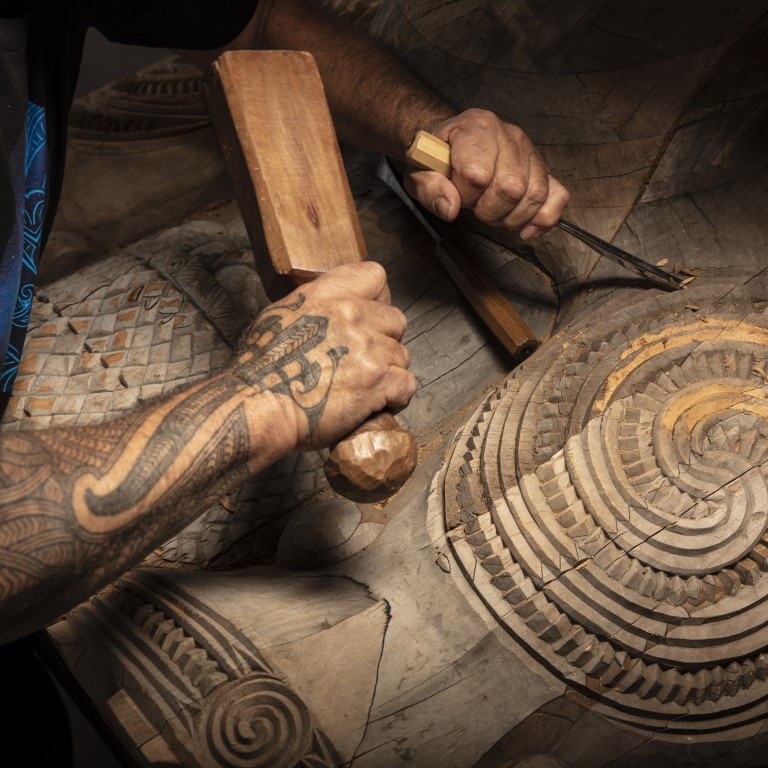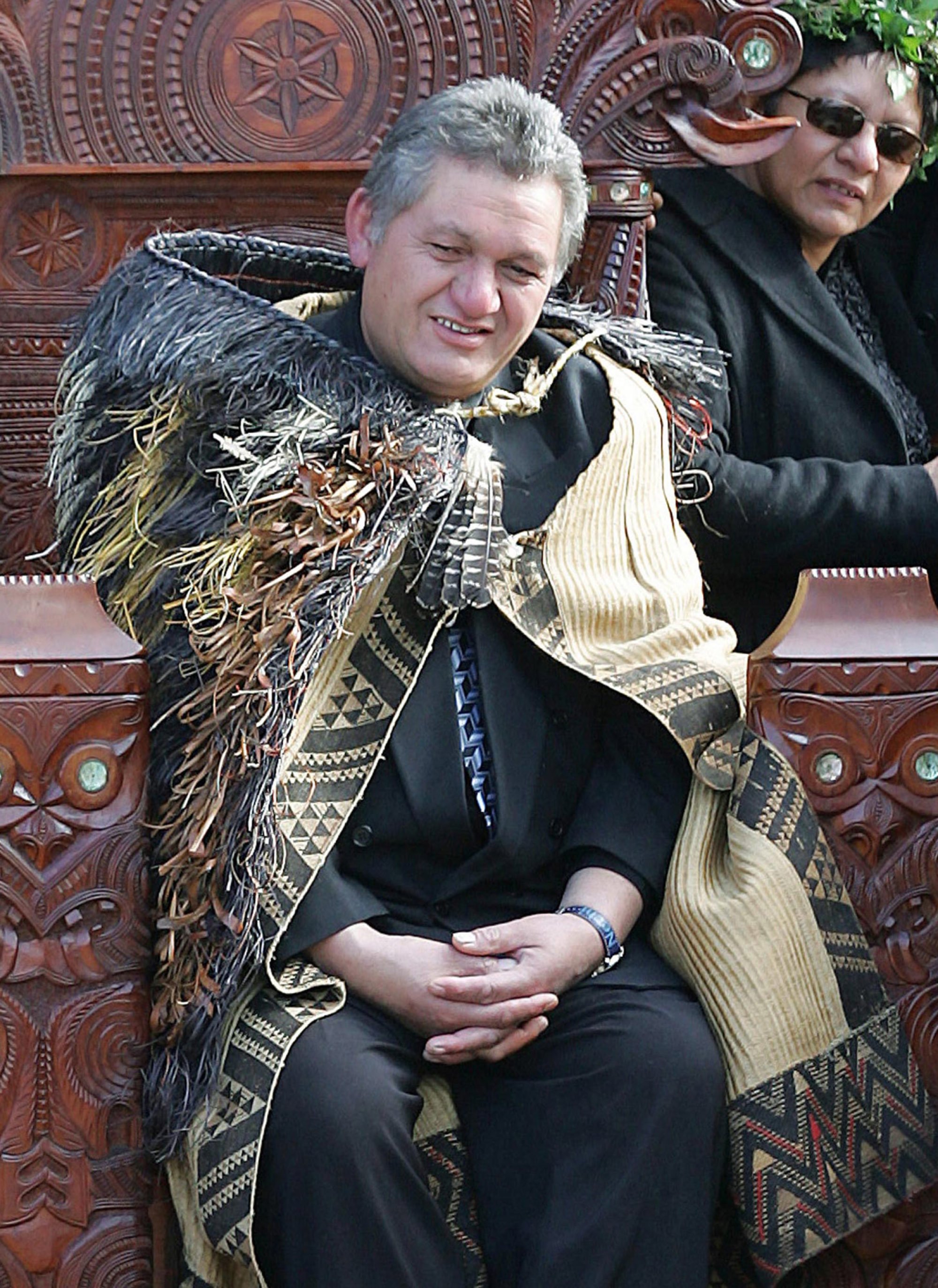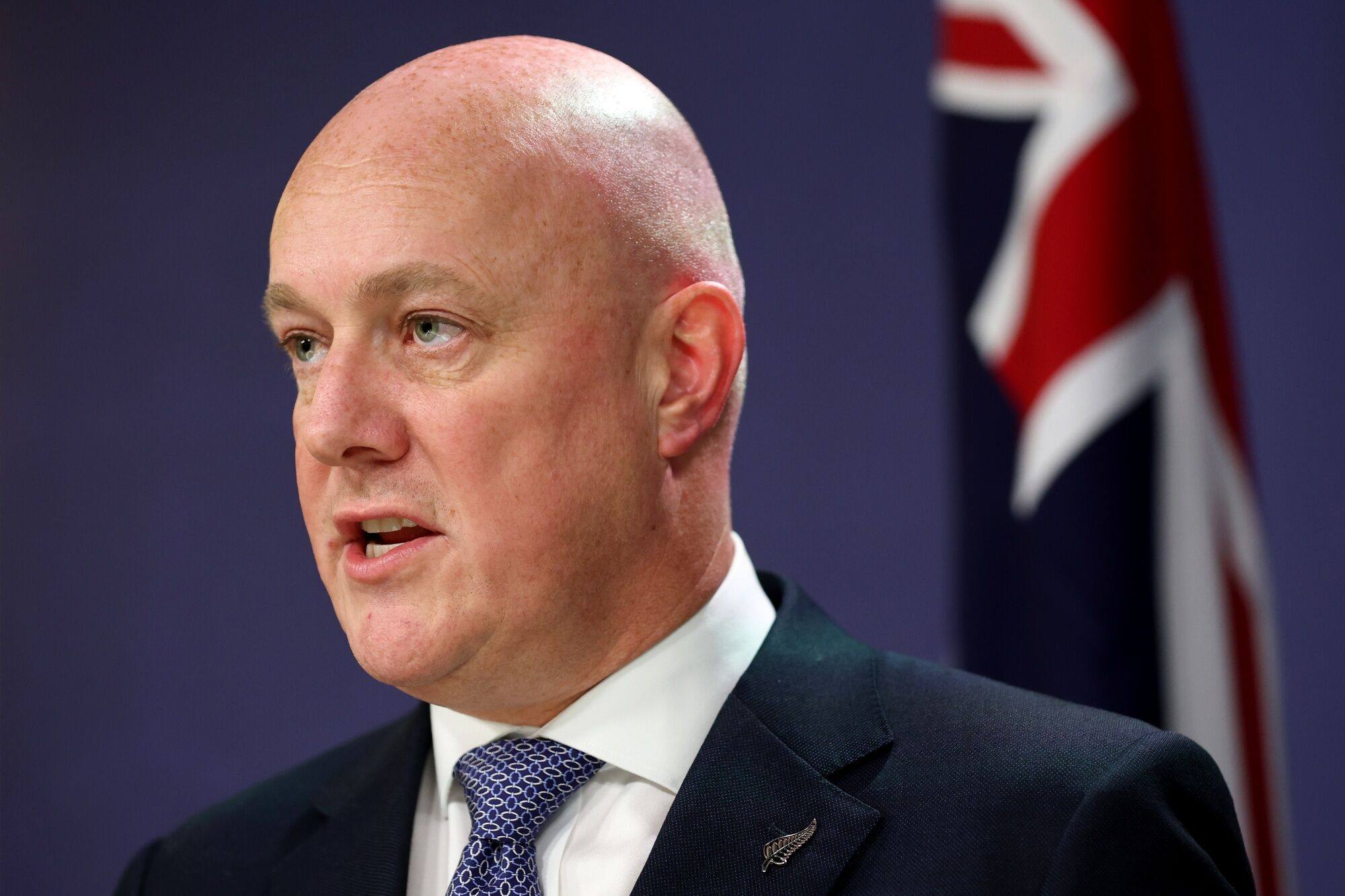
‘We’re strong’: New Zealand Maori meet to discuss response to government plans
- The centre-right coalition is planning to undo policies of previous governments, including those seeking to enhance indigenous living standards and rights
- Critics say this would be a big step backwards, while the government says its plans address voters’ concerns and are aimed at giving all New Zealanders equal rights
More than 10,000 New Zealand Maori congregated in the central North Island on Saturday to discuss how to respond to government plans that are seen by many indigenous groups as undermining their rights and status.
Maori King Tuheitia, who hosted the event, told attendees their voices matter but it was not just talk, a solution that was needed.
“But turning up today, we’ve sent a strong message that has been heard around the world. People are watching us,” he said.
New Zealand’s centre-right coalition which took office in October is planning to undo policies of previous governments, particularly those promoting the official use of the Maori language and seeking to enhance indigenous living standards and rights.
Critics say these vows are the most significant step backward for Maori rights in decades, and some have taken legal action. The government of Prime Minister Christopher Luxon says its plans address voters’ concerns, and are aimed at giving all New Zealanders equal rights.

The Maori king had called on tribes from around the country last month to gather at his traditional meeting grounds, or Marae in Ngaruawahia, south of Auckland, to discuss how Maori respond.
Those gathered attended breakout sessions which including discussing topics such as national unity and the place of the Maori version of the Treaty of Waitangi.
The 1840 treaty is New Zealand’s founding document and underpins claims of Maori sovereignty.
“The best protest we can do right now is be Maori, be who we are, live our values, speak our reo (language), care for our mokopuna (younger generation), our awa (rivers), our maunga (mountains),” Tuheitia said.

“Just be Maori, Maori all day, everyday, we are here, we are strong,” he said.
Some politicians also attended the event, but Luxon did not take part. The prime minister met the Maori king earlier this week and said he was supportive of the meeting.

